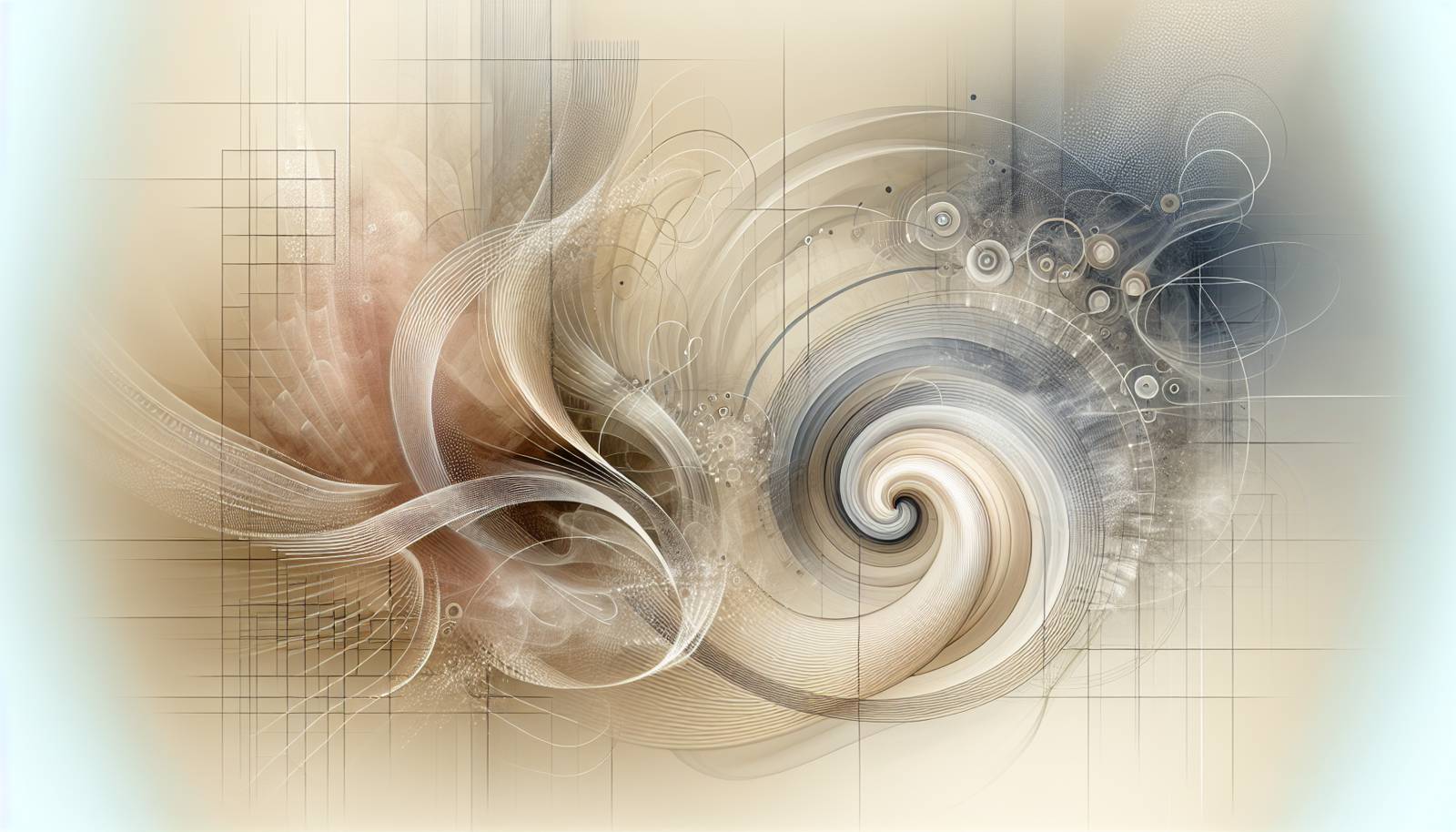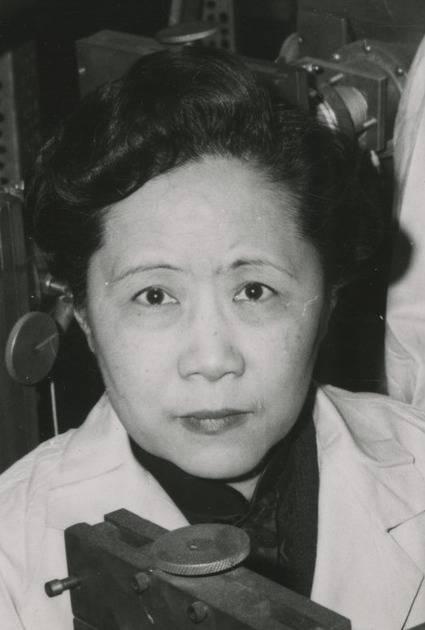
FAQ About Chien-Shiung Wu

Who was Chien-Shiung Wu?
Chien-Shiung Wu was a Chinese-American physicist renowned for her work in nuclear physics and her contribution to the Manhattan Project during World War II. She is most famous for conducting the Wu experiment, which challenged the law of conservation of parity and significantly advanced the field of particle physics.

What was Chien-Shiung Wu's contribution to the Manhattan Project?
Chien-Shiung Wu worked on the Manhattan Project during World War II, which was the United States' effort to develop the first atomic bomb. Wu's involvement primarily focused on the enrichment of uranium via gaseous diffusion. Her expertise in experimental physics played a crucial role in ensuring the success of the project.

What is the Wu experiment?
The Wu experiment was a groundbreaking experiment conducted by Chien-Shiung Wu and her colleagues in 1956 that disproved the law of conservation of parity in weak nuclear interactions. The experiment demonstrated that parity is not conserved in beta decay, significantly impacting our understanding of physical laws and contributing to the awarding of the Nobel Prize in Physics to Tsung-Dao Lee and Chen Ning Yang in 1957.

Why is Chien-Shiung Wu often referred to as "The First Lady of Physics"?
Chien-Shiung Wu earned the nickname "The First Lady of Physics" due to her pioneering work in nuclear physics and her significant contributions to the field. Her innovative experiments, particularly in beta decay, set her apart as a leading physicist of her time, and she was a role model for women in science, breaking many barriers in what was historically a male-dominated field.

What are some of the awards and honors Chien-Shiung Wu received?
Chien-Shiung Wu received numerous awards and honors throughout her career, including the National Medal of Science in 1975, the first Wolf Prize in Physics in 1978, and election to the American Academy of Arts and Sciences and the National Academy of Sciences. Despite her critical contributions to the parity violation discovery, she was not awarded the Nobel Prize in Physics, though her work was instrumental.

Where did Chien-Shiung Wu receive her education?
Chien-Shiung Wu was educated in China and the United States. She initially studied at the National Central University in Nanjing, China, before moving to the U.S., where she earned her Ph.D. in Physics from the University of California, Berkeley, under the guidance of physicist Ernest Lawrence, a Nobel laureate.

What impact did Chien-Shiung Wu have on women in science?
Chien-Shiung Wu had a profound impact on women in science, serving as a trailblazer and role model who demonstrated that women could achieve excellence and leadership in physics. Her success challenged prevailing stereotypes and inspired future generations of female scientists to pursue careers in STEM fields despite gender barriers.

Was Chien-Shiung Wu ever awarded the Nobel Prize?
No, Chien-Shiung Wu was never awarded the Nobel Prize, despite her pivotal role in the discovery of parity violation in weak interactions, which led to Tsung-Dao Lee and Chen Ning Yang receiving the Nobel Prize in Physics in 1957. The oversight is often cited in discussions of women who were overlooked for the Nobel Prize.

Did Chien-Shiung Wu publish any influential books or papers?
Yes, Chien-Shiung Wu published many influential papers, particularly in the field of nuclear physics and beta decay. She also co-authored a well-regarded textbook titled Beta Decay, published in 1965, which became a staple in the study of nuclear physics.

What was Chien-Shiung Wu's early life like?
Chien-Shiung Wu was born on May 31, 1912, in Liuhe, a small town near Shanghai in China. Her family valued education highly, which was somewhat uncommon for girls at the time. Encouraged by her parents, she excelled in her studies and developed a passion for science, eventually leading her to pursue higher education in physics.

How did Chien-Shiung Wu's work influence the field of physics?
Chien-Shiung Wu's work had a significant impact on physics, particularly her experimental proof that led to the understanding of parity violation in weak nuclear forces. Her research expanded the fundamental principles of quantum mechanics and particle physics, influencing theoretical and experimental physicists worldwide.

What barriers did Chien-Shiung Wu face in her career?
Throughout her career, Chien-Shiung Wu faced numerous barriers, including gender discrimination and racial challenges as an immigrant within the scientific community. Despite these obstacles, she achieved remarkable success and broke glass ceilings, contributing significantly to her field and paving the way for others.

What was Chien-Shiung Wu's role at the Columbia University?
Chien-Shiung Wu was a professor at Columbia University, where she was appointed as the first female tenured professor in the physics department. During her long tenure at Columbia, she conducted extensive research in nuclear physics, taught generations of students, and continued to push the boundaries of scientific understanding.

How did Chien-Shiung Wu contribute to experimental physics?
Chien-Shiung Wu made numerous contributions to experimental physics through her precise and innovative experimental techniques. Her work improved the understanding of nuclear structure and the behaviors of subatomic particles, providing critical insights that influenced future experiments and theories in physics.

What was Chien-Shiung Wu's philosophy on science and research?
Chien-Shiung Wu believed deeply in the pursuit of knowledge and the importance of rigorous scientific inquiry. She held that experimental evidence was fundamental to understanding nature's laws and emphasized meticulous experimental design and execution, a hallmark of her research career.

When did Chien-Shiung Wu pass away?
Chien-Shiung Wu passed away on February 16, 1997, in New York City, at the age of 84. Her passing marked the end of a remarkable life dedicated to advancing scientific knowledge and inspiring future generations.

What legacy did Chien-Shiung Wu leave behind in the scientific community?
Chien-Shiung Wu left a lasting legacy in the scientific community, renowned for both her breakthroughs in nuclear physics and her role as a mentor and advocate for women in science. Her discoveries, particularly concerning parity violation, continue to influence modern physics and inspire future scientific endeavors.

How is Chien-Shiung Wu remembered today?
Today, Chien-Shiung Wu is remembered as one of the towering figures in physics, often cited for her groundbreaking contributions and as an inspiring figure for women in STEM. Numerous honors and recognitions continue to be attributed to her memory, reflecting her enduring impact on science and society.

What key concept did Chien-Shiung Wu's experiment challenge?
Chien-Shiung Wu's experiment challenged the longstanding concept of the conservation of parity in physics. Her results showed that parity was not conserved in weak nuclear interactions, overturning a fundamental assumption that had been held since the early 20th century and reshaping the understanding of subatomic interactions.
